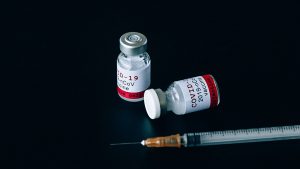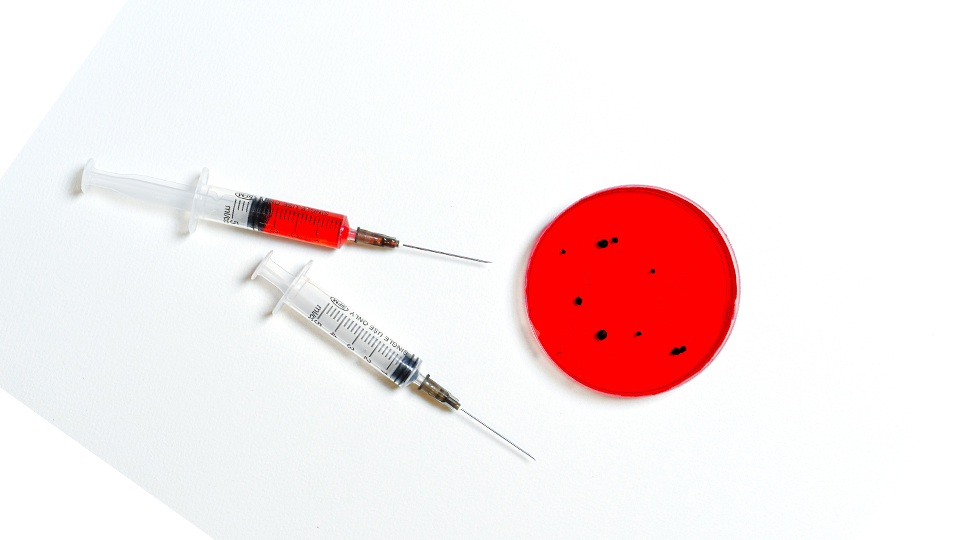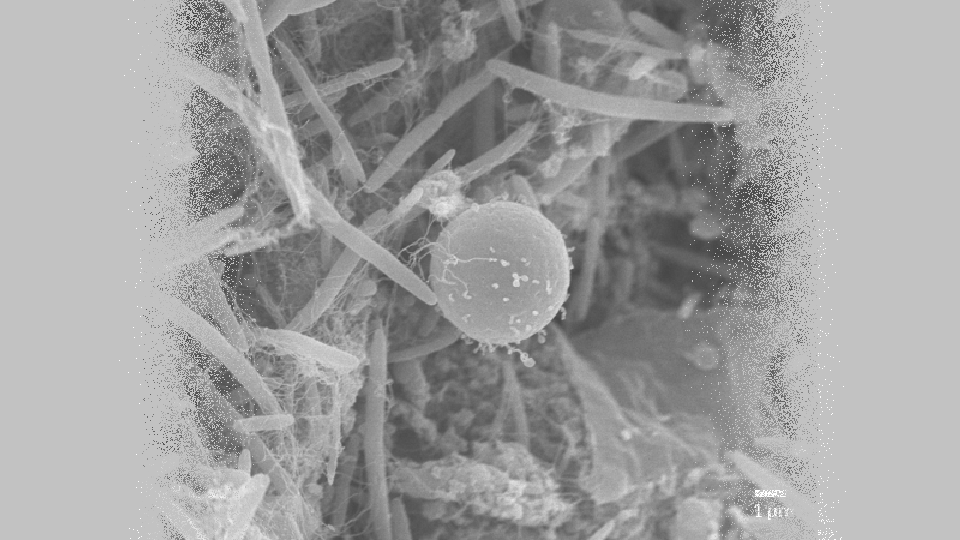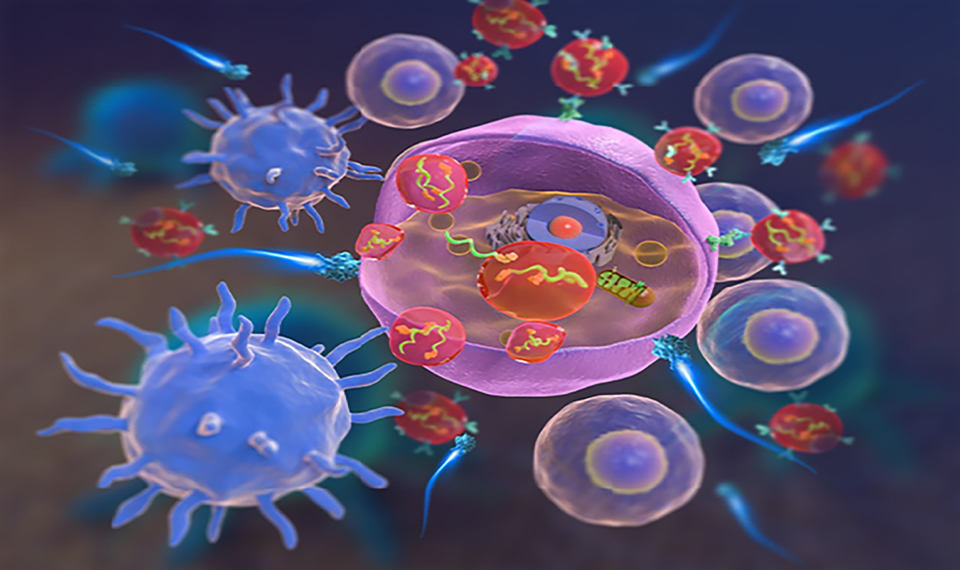
Photo Credit: Nataliya Vaitkevich: https://www.pexels.com/photo/covid-19-vaccine-in-vials-and-injection-5863389
An international study published in The Lancet Respiratory Medicine found that the overall risk of myopericarditis, or heart inflammation, following Covid-19 vaccination is very low, affecting only 18 people per million vaccine doses.
The team of researchers from the National University Heart Centre, Singapore (NUHCS), National University Hospital (NUH) and NUS Yong Loo Lin School of Medicine (NUS Medicine) arrived at this conclusion after studying over 11 international studies, covering more than 395 million COVID-19 vaccine doses to compare the risk of myopericarditis following COVID-19 vaccination and vaccination against other diseases such as influenza and smallpox. There is no significant statistical difference between the incidence of myopericarditis following COVID-19 vaccination and other vaccinations.
The incidence of myopericarditis following COVID-19 vaccinations happened in only 18 cases per million doses, while the incidence of myopericarditis following other vaccinations is 56 cases per million doses. More than 10 billion doses of COVID-19 vaccines have been administered globally, as of March 2022.
Myopericarditis is a heart condition where the heart muscle gets inflammed, in some cases, severe permanent heart damage can occur. It is most often caused by viruses but can also occur after vaccination in rare instances.
From more than 20 studies conducted internationally with reported incidences of myopericarditis following any type of vaccination between January 1947 and December 2021, 11 of these studies focused on COVID-19 vaccinations, covering over 395 million COVID-19 vaccine doses – nearly 300 million of which were mRNA vaccines.
There have been reports of myopericarditis following mRNA-based COVID-19 vaccination, especially in adolescents and young adults. Among people who received the COVID-19 vaccines, the incidence of myopericarditis was significantly higher in males, mainly occurring in people younger than 30 years old who received a second dose of an mRNA vaccine.
This study aims to determine whether this increase in reporting was due to a true increase in incidence or a result of improved reporting systems and recall bias.
Mr Ryan Ruiyang Ling, co-author of this study and fourth-year medical student at NUS Medicine, says, “The scale of mass global vaccination and enhanced surveillance might account for the increased reporting of this adverse event in the context of COVID-19 vaccination. Nonetheless, certain subpopulations – those of male sex or younger age and those receiving an mRNA vaccine, particularly the second dose – appear to be at increased risk of myopericarditis following COVID-19 vaccination. These findings are important additions to the conversation when weighing the risks and benefits of COVID-19 vaccination during this pandemic.”
Dr Kollengode Ramanathan, Senior Consultant in the Department of Cardiac, Thoracic & Vascular Surgery at NUHC and the corresponding author said, “Our research suggests that the overall risk of myopericarditis appears to be no different for this newly approved group of vaccines against COVID-19, compared to vaccines against other diseases.” He adds that the risk of such rare occurrences should be balanced against the risk of myopericarditis from COVID-19 infection, and allay existing fears and doubts of the safety of the current COVID-19 vaccination.
Dr Jyoti Somani, an infectious diseases specialist at the National University Hospital and co-author of the study said, “The occurrence of myopericarditis following non-COVID-19 vaccination could suggest that myopericarditis is a side effect of the inflammatory processes induced by any vaccination and is not unique to the SARS-CoV-2 spike proteins in COVID-19 vaccines or infection.” She echoed Dr Ramanathan’s sentiments, emphasising that the risks of these infrequent adverse events should be offset by the benefits of vaccination, which include a lower risk of infection, hospitalisation, severe diseases and death from COVID-19.
The authors acknowledge some limitations with this study, highlighting that the findings include only a small proportion of children under the age of 12 who have only recently been eligible for vaccination, and that results of this study cannot be generalised to this age group. In addition, comparisons have been made across different time periods for different vaccines. Diagnostic tools might have differed or may have been unavailable leading to lower reporting of cases in earlier studies.





